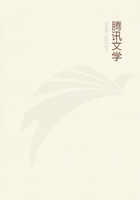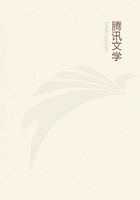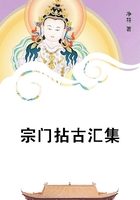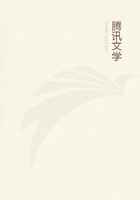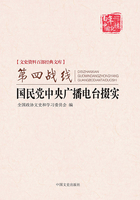The proper degree of beneficence, moreover, as that which ordinary experience leads us to expect, and also makes the measure of our praise or blame, is in itself neither praiseworthy nor blameable. As it is only the defect of ordinary beneficence which incurs our blame, so it is only the excess of it which deserves our praise. A father, or son, or brother, who behaves to the correspondent relation neither better nor worse than the average of mankind do, seems to deserve neither praise nor blame. His conduct, though it may attain that point at which we recognize its propriety and so command our approbation, commands nothing more. It is only when we are surprised by unexpected, though proper kindness, or by unexpected and improper unkindness, that it attains the point of being praiseworthy or the reverse.
Beneficence, when it thus attains a high degree, when it becomes productive of the greatest good, at once becomes the object of the liveliest gratitude, appears to be deserving of the highest reward, and consequently appears as meritorious and praiseworthy.
The virtue of justice differs from that of beneficence in that the violation of it, by doing real and positive hurt to some particular persons, from motives that are disapproved of, is the natural object of resentment, and calls in consequence for punishment. Resentment was given to us "by nature for defence, and for defence only. It is the safeguard of justice and the security of innocence. It prompts us to beat off the mischief which is attempted to be done to us, and to retaliate that which is already done, that the offender may be made to repent of his injustice, and that others, through fear of the like punishment, may be terrified from being guilty of the like offence." As mankind generally approve of the violence employed to avenge the hurt which is, done by injustice, so they much more approve of that which is employed to pre- vent and beat off the injury, and to restrain the offender from hurting his neighbour. Even the person guilty of intending injustice feels that force may be used against him, both by the person he is about to injure, or by others, either to obstruct the execution of his crime, or to punish him when he has executed it.
This fact accounts for the great distinction between justice and all the other social virtues, that we feel a higher obligation to act according to justice than according to friendship, charity, or generosity; and that, while the practice of the latter virtues seems to be left in some measure to our own choice, we feel ourselves to be "in a peculiar manner tied, bound, and obliged to the observation of justice." For we feel that force may, with the utmost propriety, and with the approbation of mankind, be made use of to compel us to observe the rules of the one, but not to follow the precepts of the others.
It is this feeling, then, of the legitimate use of force and punishment which makes us view with so much stronger a sense of disapprobation actions which are unjustthat is, injurious to othersthan actions which are merely breaches of that propriety which we like to see observed in the various relationships that connect men together. A father who fails in the ordinary degree of parental affection to a son, or a son who is wanting in filial respect for his father, or a man who shuts up his heart against compassion, incur, indeed, blame; but not that superior degree of blame which relates to actions of a positively hurtful tendency.
But though this superior form of disapprobation attaches itself to acts of injustice, just as a superior form of approbation attaches itself to act ns of great beneficence, there is no more merit in the observance of justice than there is demerit in the neglect of beneficence. "There is, no doubt, a propriety in the practice of justice, and it merits upon that account all the approbation which is due to propriety. But as it does no real positive good, it is entitled to very little gratitude. Mere justice is, upon most occasions, but a negative virtue, and only hinders us from hurting our neighbour. The man who barely abstains from violating either the person or the estate or the reputation of his neighbours, has surely very little positive merit. . . . We may often fulfil all the rules of justice by sitting still and doing nothing." As before explained, the sense of the merit of an action is different from the sense of its propriety, and unless an action has both these characteristics, it does not really satisfy the conditions of morality .
In proportion, therefore, to the resentment naturally felt by a sufferer from injustice is the sympathetic indignation of the spectator, and the sense of guilt in the agent. But the resentment itself, being proportioned to the evil done by an act, the demerit of an act may be measured by the evil it causes. Death being the greatest evil one man can do to another, and consequently incurring the highest indignation from those connected with the slain man, takes rank as the worst of all crimes. Injuries to a man's property and possessions being less hurtful to him than an injury to his life or person, theft and robbery rank next to murder in atrocity.
And as it is a smaller evil to be disappointed of what we have only in expectation than to be deprived of what we have in possession, breach of contract is a less heinous crime than one which attacks a man's actual property.
CHAPTER V. INFLUENCE OF PROSPERITY OR ADVERSITY, CHANCE, ANDCUSTOM UPON MORAL SENTIMENTS.

